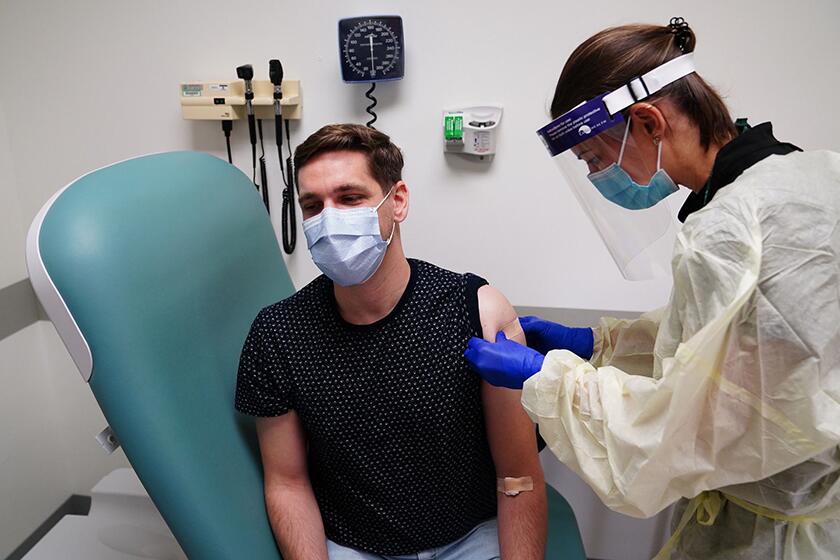Readers React: Discredited study shouldn’t undermine research on ‘intergroup contact’
- Share via
To the editor: Charles Seife attributes the publication of false data in part to the surprising and attention-getting nature of the findings that personal contact mitigates anti-gay prejudice. (“Who’s to blame when fake science gets published?,” op-ed, May 28)
These findings are neither surprising nor new. There is a long history of the empirical study of the “intergroup contact hypothesis.”
The first important study of the importance of contact in reducing prejudice was published in 1951 by Morton Deutsch and Mary Evans Collins. They showed that individuals assigned to integrated housing projects developed more positive interracial attitudes than people assigned to segregated housing.
In 2011, Tom Pettigrew and Linda Tropp did an important meta-analysis of 515 studies that demonstrated clear and strong support for the effect of contact on reducing prejudice. And Greg Herek and his colleagues have specifically shown reduction of anti-gay prejudice as a result of interpersonal contact.
The discredited study by Michael LaCour and Donald Green should not detract from the large body of research showing that intergroup contact does change attitudes.
Gloria Cowan, Culver City
The writer is a professor emeritus of psychology at Cal State San Bernardino.
Follow the Opinion section on Twitter @latimesopinion and Facebook
More to Read
A cure for the common opinion
Get thought-provoking perspectives with our weekly newsletter.
You may occasionally receive promotional content from the Los Angeles Times.








